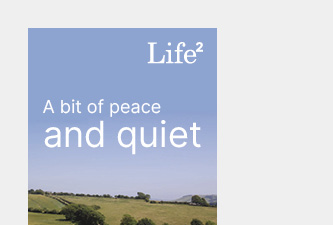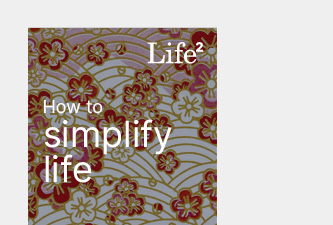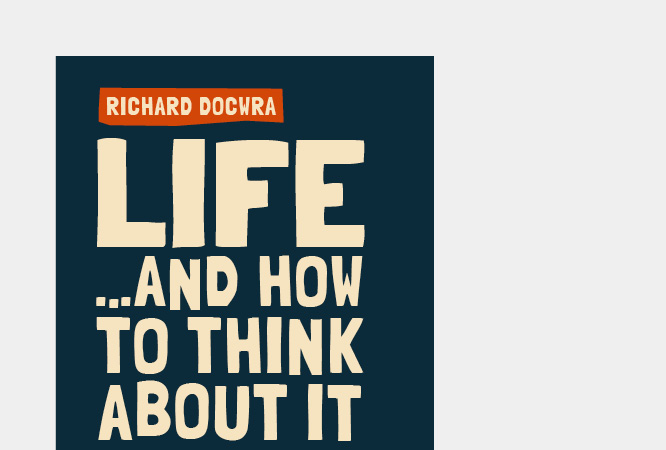Before we continue, we’re not just talking about getting old here. We’ll talk a little about older age, but the idea is to discuss how to deal with getting older generally. We’re talking about the psychological effect on our lives of time passing and things changing - both to us and around us. This is something we all spend a lot of time worrying about in various ways throughout our lives - not just when we’re in their later stages. For example, we might worry about how we’re changing emotionally and physically as we enter adolescence, how to carve out a life of our own when we leave home in our early twenties or how our hair is falling out as we enter middle age.
Below are some principles that could enable us to get more fulfilment and enjoyment from the process of getting older:
Accept what it means to get older
Getting older simply means that our bodies and minds are changing.
We could choose to interpret this as the idea that our bodies are slowly wearing out, which is true after we reach maturity as adults. But we could also interpret it as the fact that our bodies are simply changing - and that change is not simply a process of degradation and a feature of old age but a constant feature in our lives, whether we’re older or younger.
By seeing ‘life as change’ like this, we can have a more realistic view of our existence, rather than pining for a fantasy ‘fixed state’ that cannot continue for ever - whether it is of youth, perfect health or anything else.
Realise getting older is what you make it
We have a terrible attitude towards ageing and older age in modern society. The general view is that getting older implies decline - where we become less capable, less useful, less important and less attractive.
This attitude is harmful nonsense, as it is not only untrue, but it makes us view old age with fear and older people with derision (if we notice them at all). We need to change this attitude, particularly in a society where people are living longer than ever before, and older people are forming an increasing proportion of the population.
In reality, as we’ve noted, getting older is simply the ongoing process of change in our state (both physical, mental and circumstantial) as creatures. Each point in this process of change - whether it is aged 25 or 73 - therefore has its own opportunities as well as disadvantages. Getting older is commonly believed to bring ever-increasing numbers of disadvantages. Yes, we may slow down physically, have pain and physical issues sometimes and be unable to do some of the things we enjoyed before. But these disadvantages can be offset by advantages, if we choose to see them - for example, having a greater awareness of what matters to us and what we enjoy doing, caring less about what others think of us, valuing life and the minutiae of experience more and having more time (after retirement) to do the things we enjoy.
In short, we should aim to make the most of every stage of our lives on this continuum of change. Just as you are the author of your own meaning in life, you are also the creator of how you want to live and interpret your older age, so create it for yourself and don’t let our society’s negative view of it make you feel that either you or your life is less valuable as you get older. See ageing as change - not as decline.
Accept where you’re at
We are not in control of what much of life throws at us - whether it is ageing, balding prematurely or falling seriously ill - and we would improve our lives if we could release our tense, worried grip that attempts to control these things, and instead accept them and resolve to adapt to them and make the best of them (or anything) when they do happen. This doesn’t mean we shouldn’t try to do the things we can control - such as trying to prevent ill health by living a healthy lifestyle, or ensuring we take the steps we can to fight any illnesses we have. It is simply the idea of not burdening ourselves with jealousy, anger or resentment about our lives, and accepting them as they are.
Think of the present
Looking back to the past too much can be a comfort blanket or a tie that stops us making the most of the present. Equally, looking to the future (whether it's with fear or expectation) too much can do the same. Don’t burden yourself with imaginings. Make the most of the present.




